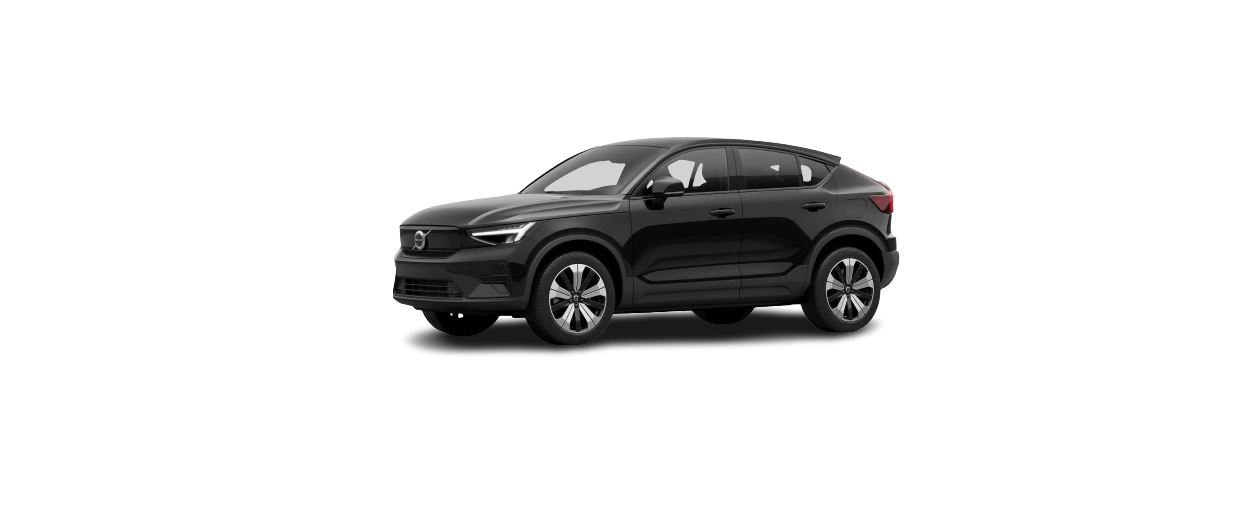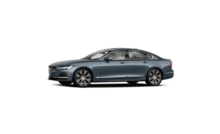If obstacles are detected:
- A warning signal and the parking assistance graphic illuminate to indicate the position of the obstacle.
- If the driver ignores the warning and a collision is unavoidable, the car may be auto-braked, and an explanatory text message is shown for why the car was braked.
If the accelerator pedal is depressed forcefully then the car also reverses after braking automatically.
Warning
- The functions are supplementary driver supports intended to facilitate driving and make it safer – but they cannot handle all situations in all traffic, weather and road conditions.
- The driver is advised to read all sections in the owner’s manual that relate to these functions to learn about factors such as limitations and what the driver should be aware of before using the functions.
- Driver support functions are not a substitute for the driver’s attention and judgement. The driver is always responsible for ensuring the car is driven in a safe manner, at the appropriate speed, with an appropriate distance from other vehicles, and in accordance with current traffic rules and regulations.
The functions use the car’s detectors and radar units, which have some general limitations.
Obstacles immediately behind
Rear Auto Brake is intended to help the driver detect stationary obstacles that may be directly behind the car when it is being reversed. This function is primarily designed to detect stationary obstacles that are higher than the rear bumper – and not moving vehicles, for example. Brake intervention with Rear Auto Brake is active at speeds below 10 km/h (6 mph). The auto brake needs to be deactivated before using an automatic car wash, and may also need to be deactivated to avoid unwanted intervention, e.g. when reversing in tall grass.
Obstacles from the side
- Cross-Traffic Alert is designed to help the driver detect traffic crossing behind the car when it is reversing.
- This function is primarily designed to detect larger vehicles in motion. In favourable conditions, it may also be able to detect smaller objects, such as cyclists and pedestrians.
- Brake intervention with Cross-Traffic Alert is active at speeds below 15 km/h (9 mph).
- The auto brake needs to be deactivated before using an automatic car wash, and may also need to be deactivated to avoid unwanted intervention, e.g. when reversing in tall grass.
Examples of detection and limitations
Examples of areas where the function can assist the driver to detect obstacles during reversing. The function’s sensors cannot detect moving traffic through other parked vehicles or bulky obstacles. Here are some examples of when approaching vehicles cannot, therefore, be detected until they are very close.
- Blind sector
- +Sector in which the function can detect
However, as your car slowly reverses, the angle it makes with the obstructing vehicle/object changes and the blind sector rapidly decreases.
Reversing with equipment connected to the towbar
RAB and CTA are deactivated automatically when a trailer, bicycle rack or similar is connected to the towbar connector. If the connected equipment has no electrical connection, RAB and CTA must be deactivated manually by pressing a button in the centre display.
Activating and deactivating warning and auto-brake when reversing (Option/accessory)
The driver can choose to deactivate auto-brake with Rear Auto Brake (RAB) and Cross Traffic Alert (CTA). The warning signal can be deactivated separately.
Warning signal
Activate or deactivate the warning signal with this button in the parking camera view.
Auto Brake
Activate or deactivate the auto-brake with this button in parking camera view.
- Illuminated button – the function is activated.
- Extinguished button – the function is deactivated.
The functions are activated automatically each time the engine is started.




